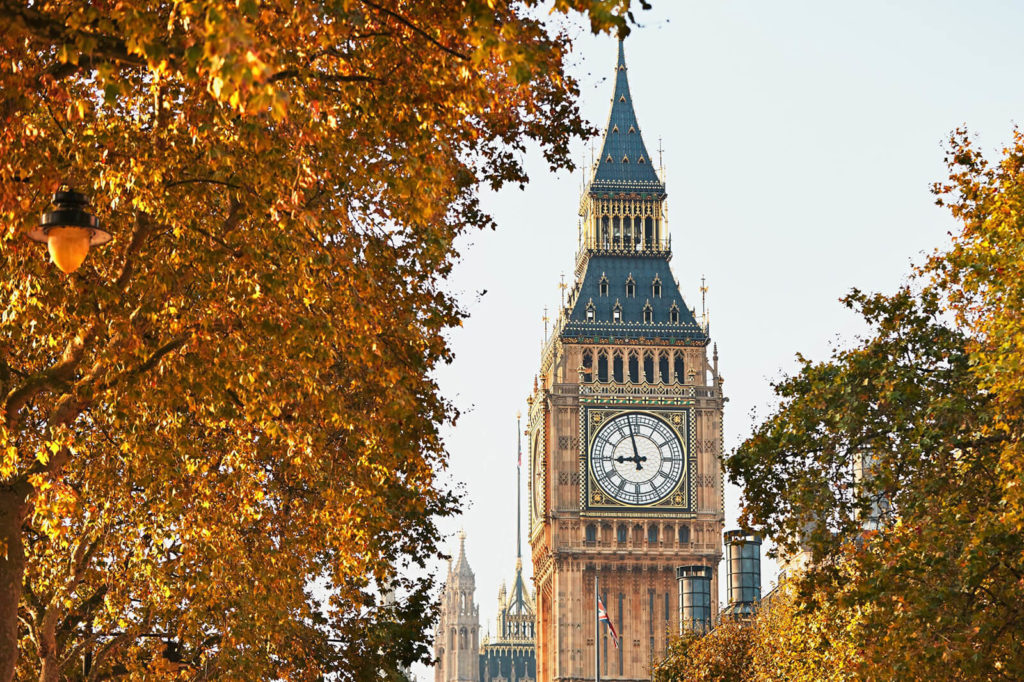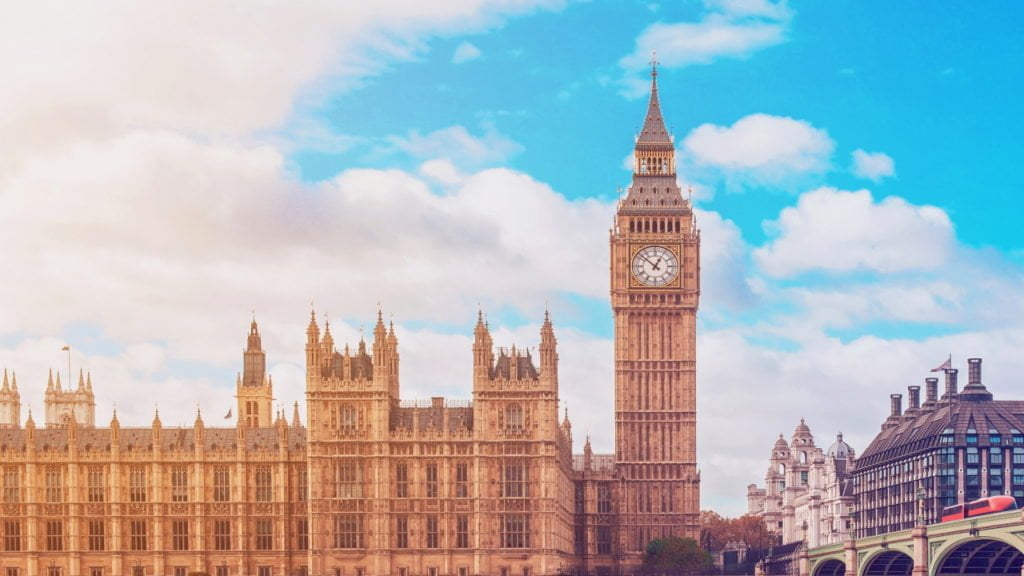
In the recent case of Hilaire v Luton Borough Council the Employment Appeal Tribunal (EAT) found that removing a disabled local authority employee from the redundancy interview process and placing him in a new role without needing to go through the interview process would have removed the substantial disadvantage caused by his disability.

This year has seen increased living costs leading to an un-precedented number of strikes across different sectors and this is set to continue in the run-up Christmas.

The Government announced on 21 October 2022 that it was backing the Protection from Redundancy (Pregnancy and Family Leave) Bill.

Under the terms of a settlement agreement, employees typically accept a payment in return for their employment coming to an end and in settlement of certain legal claims they may have against their employer.

Kamahl Santamaria, a longstanding television journalist, was recently removed from a new broadcasting role after just 32 days amid accusations of sexual harassment.

Data subject access requests (DSARs) are increasingly being used by employees as a pre-litigation fishing expedition in the context of disciplinary or grievance procedures.

In the case of Bailey -v- Garden Court Chambers, an Employment Tribunal has found that Ms Bailey’s gender critical views, which included views about Stonewall’s campaigning on gender self-identity, were a protected belief under the Equality Act 2010.

Status is key in determining individual rights and protections and the new guidance aims to provide clarity to help both individuals know their rights and businesses understand their obligations.

In our October 2021 blog, we discussed the case of Kong v Gulf International Bank (UK) Limited. The Court of Appeal has now dismissed an appeal of the EAT decision by Ms Kong.

In July 2022 the Employment Appeal Tribunal (‘EAT’) held, in the case of Mackereth v The Department for Work and Pensions, that a doctor had not been unlawfully discriminated against by being required to call service users by their preferred pronouns, but that his belief that people cannot change their gender or sex and his lack of belief in “transgenderism” were protected philosophical beliefs under the Equality Act 2010.









